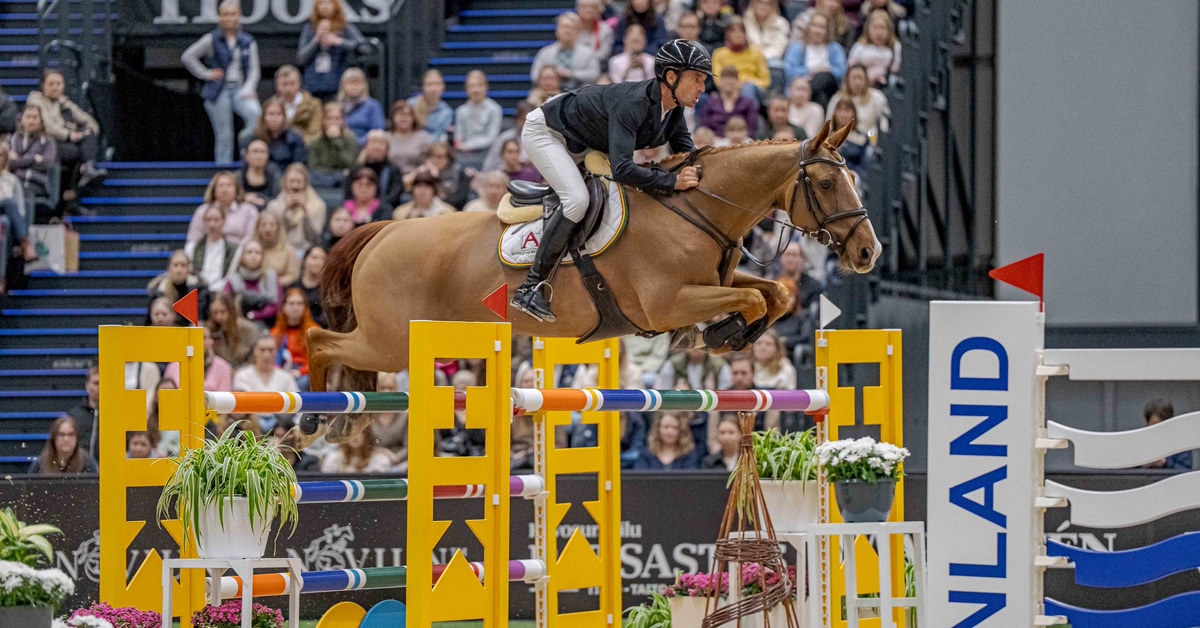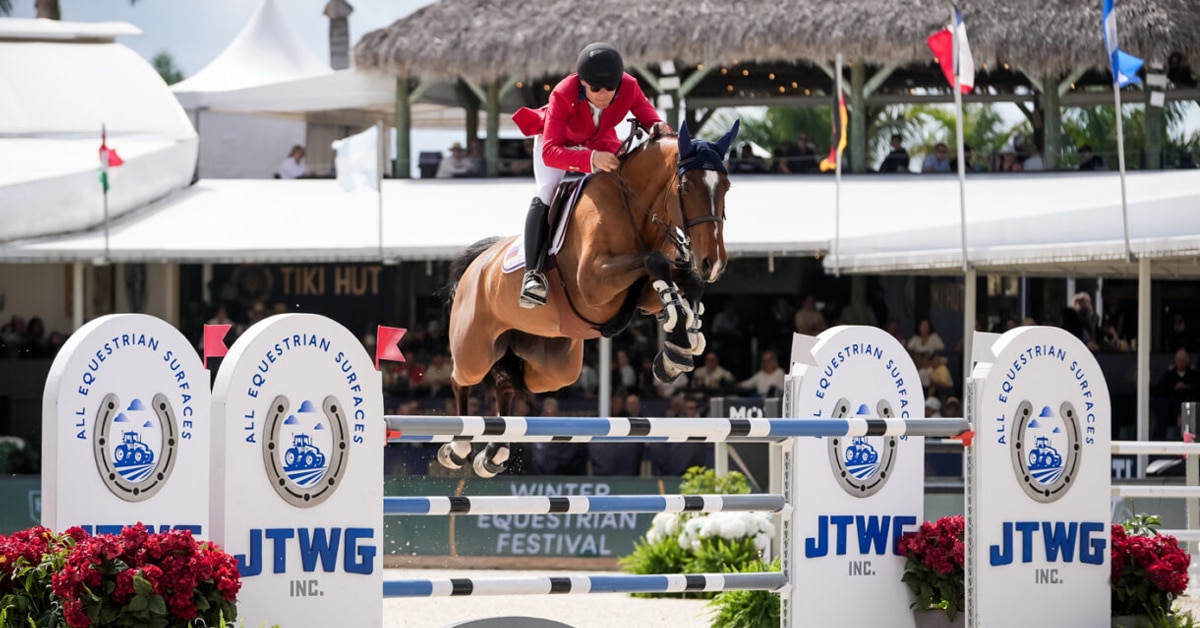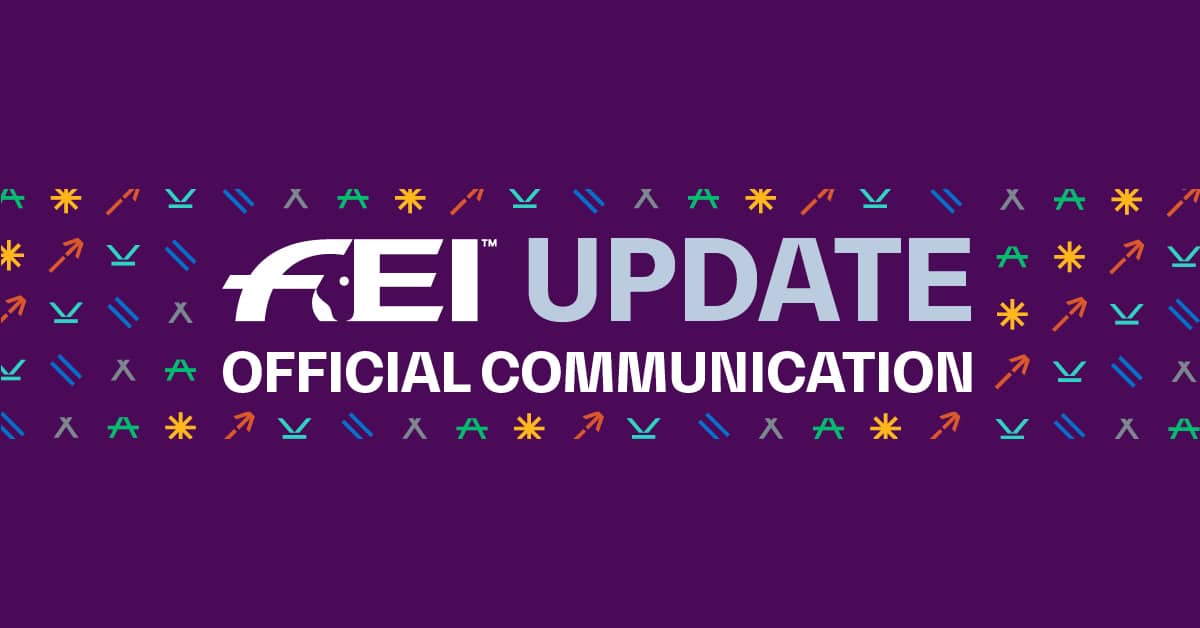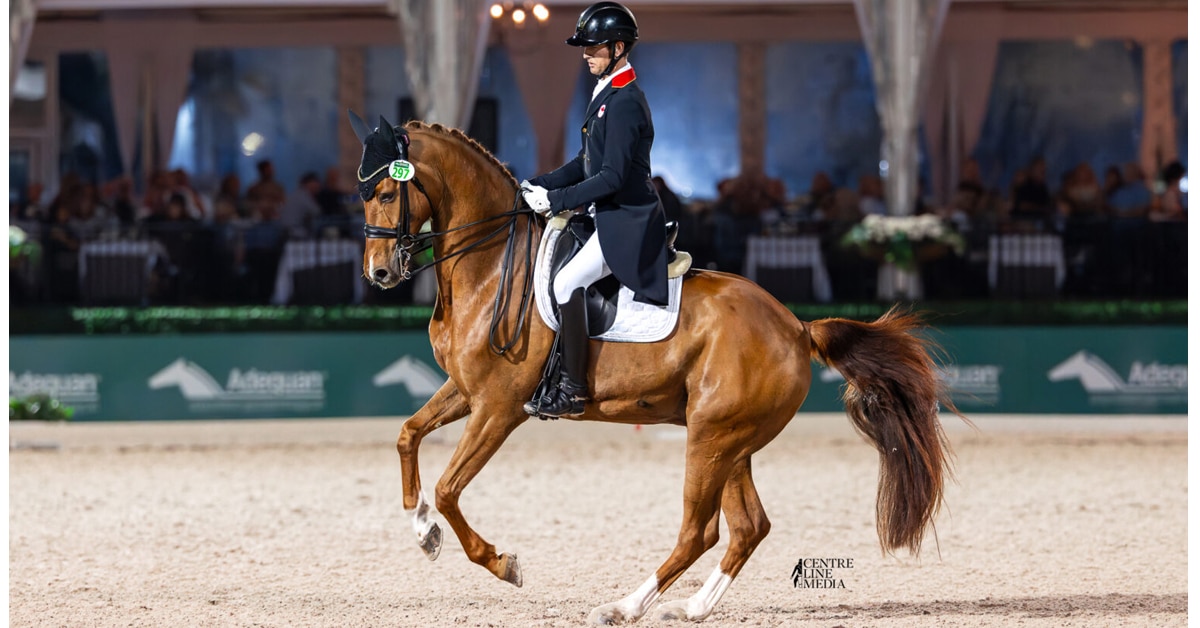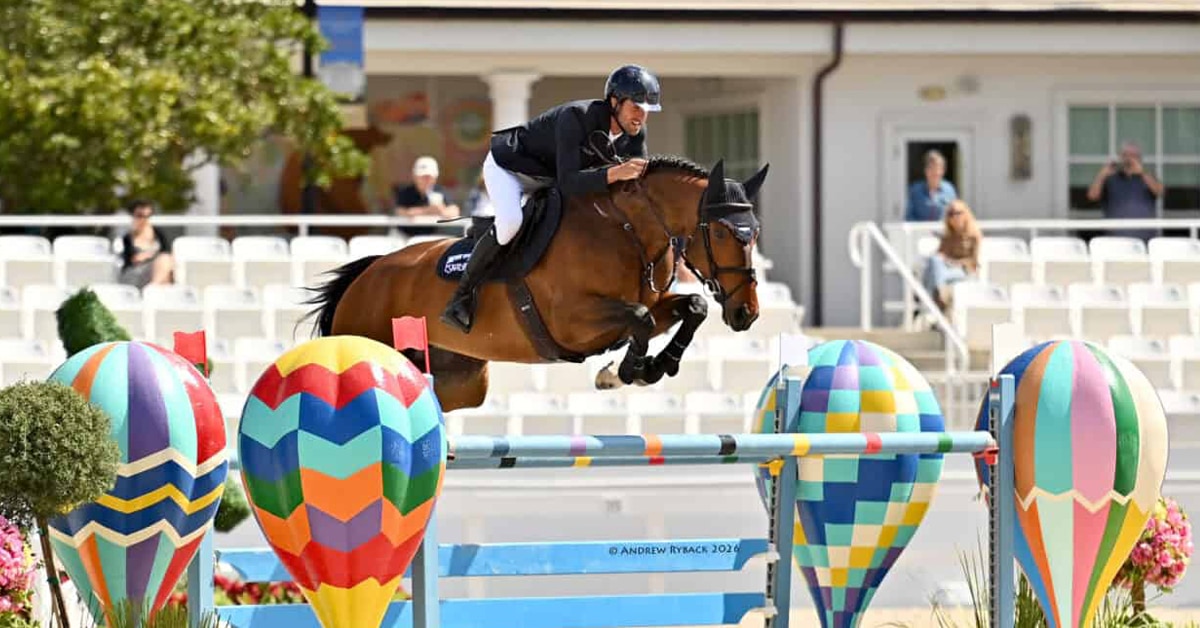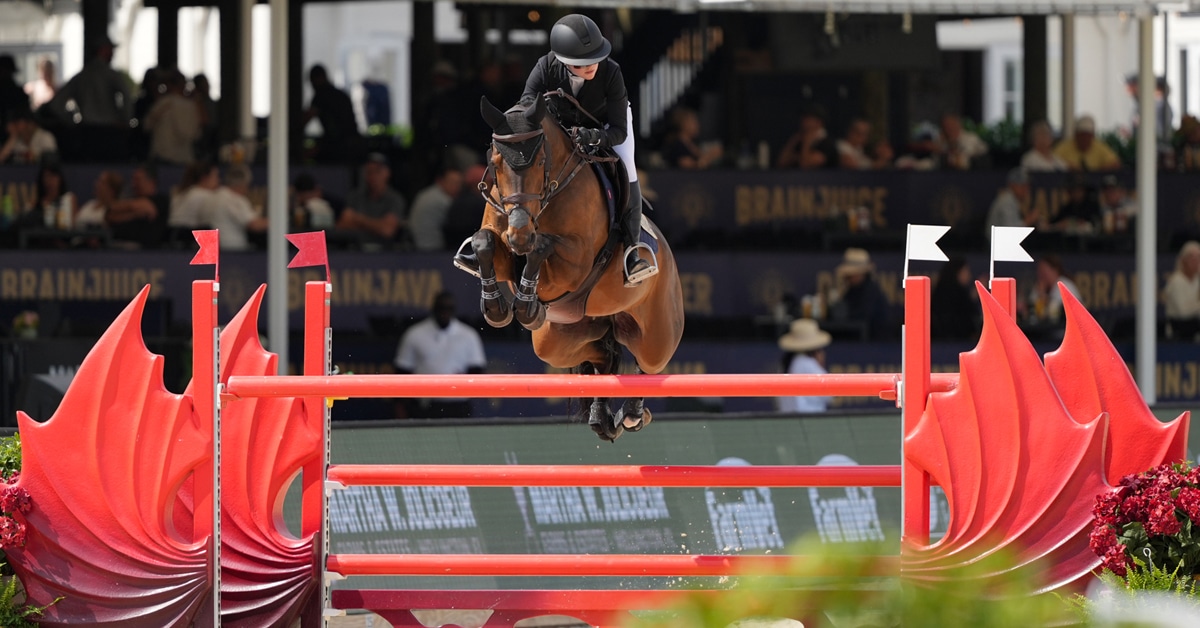The World Bitless Association, world leaders in the promotion of equality for bit-free horses, have made a formal request to the FEI on the 27th of March for inclusion of modern bit-free bridles in FEI competition, in particular dressage, along with mitigating evidence based on welfare grounds.
The Veterinary Director of the FEI Göran Åkerström has responded to the World Bitless Association and confirms a meeting has been called with Roly Owers of WHW and other FEI officials to consider the WBA request and the evidence supplied.
The evidence submitted by the WBA includes the findings of the Equine Ethics and Wellbeing Commission‘s own key documents, where concerns with bit use and misuse was identified as a serious concern among equestrians.
EEWC -Tack & Equipment Early Recommendations
The EEWC recommendation one, that double bridles not be mandatory in dressage and optional in grand prix dressage, listed 11 points all related to the consequences of bit pain in one form or another, the first point made in ‘Supporting Information’ was this:
- “Although bits can be extremely effective and especially when used with great care, bits and especially more severe bits are a risk in that they can cause extensive damage to the tongue, bar and hard palate of a horse’s mouth (Cook 1999, Mellor 2021)”
Further references alluded to bit pain and conflict behaviours including this
- “Repeated mouth opening (used as an indicator of discomfort or pain) was seen in more than 50% of horses competing in Grand Prix level Dressage” (Dyson et al 2021)
- Increased conflict behaviours (Condon et al., 2022)
The commission lists 27 research publications nearly all of which relate to pain in the mouth, suffocation, injury, distress and/ or conflict behaviours due to the presence of the bit.
In its request for the rule change the WBA referred to the burgeoning peer reviewed literature surrounding the detrimental physical and mental findings of the use of ‘bits’ which are exacerbated, when used with aversive training applications, as a serious welfare issue.
Based on the peer reviewed literature, the EEWC own findings, and the WBA global survey in 2020 (93% equestrians felt that bit-free bridles should be allowed in horse sport), the WBA requested that bit-free modern bridles should be allowed as mandatory tack and asked the FEI to begin formal investigation.
Key evidence supplied by the WBA, included the EEWC surveys, key documents and cited evidence, and the following:
The universally adopted ‘Five Domains of Animal Welfare’ the fifth domain deals with the mental state of the animal which includes Thirst, Hunger, Anxiety, fear, Pain, & distress.
Champing at the Bit for Improvements: A review of Equine Welfare in Equestrian Sports in the UK.
Gaping for Relief
A worrying consequence of bit pain (in the literature) is it that the horse will try to relieve the pressure of pain in its mouth by retracting and bulging its tongue, for example.
Fluoroscopic study of oral behaviours in response to the presence of a bit and the effects of rein tension
‘Horses spent less time quiet and more time mouthing the bit, retracting the tongue and bulging the tongue over the bit when tension was applied.’
Clayton et al 2010.
The evidence is clear, Bit pain is detrimental to horse welfare, the bit poses a risk of pain and for some horses a bit cannot be tolerated due to a variety of causes, for that reason we believe, that if we wish to see progress in real terms for horse welfare, then the option to go bit-free is now due.
“We are hopeful that after the FEI and the National Federations decided to ban the clipping of whiskers in 2021, on welfare grounds, that they will now accept the evidence relating to welfare issues surrounding bitted bridles which are of a far greater welfare concern and allow bit-free bridles as an option in horse sport.”
More News
